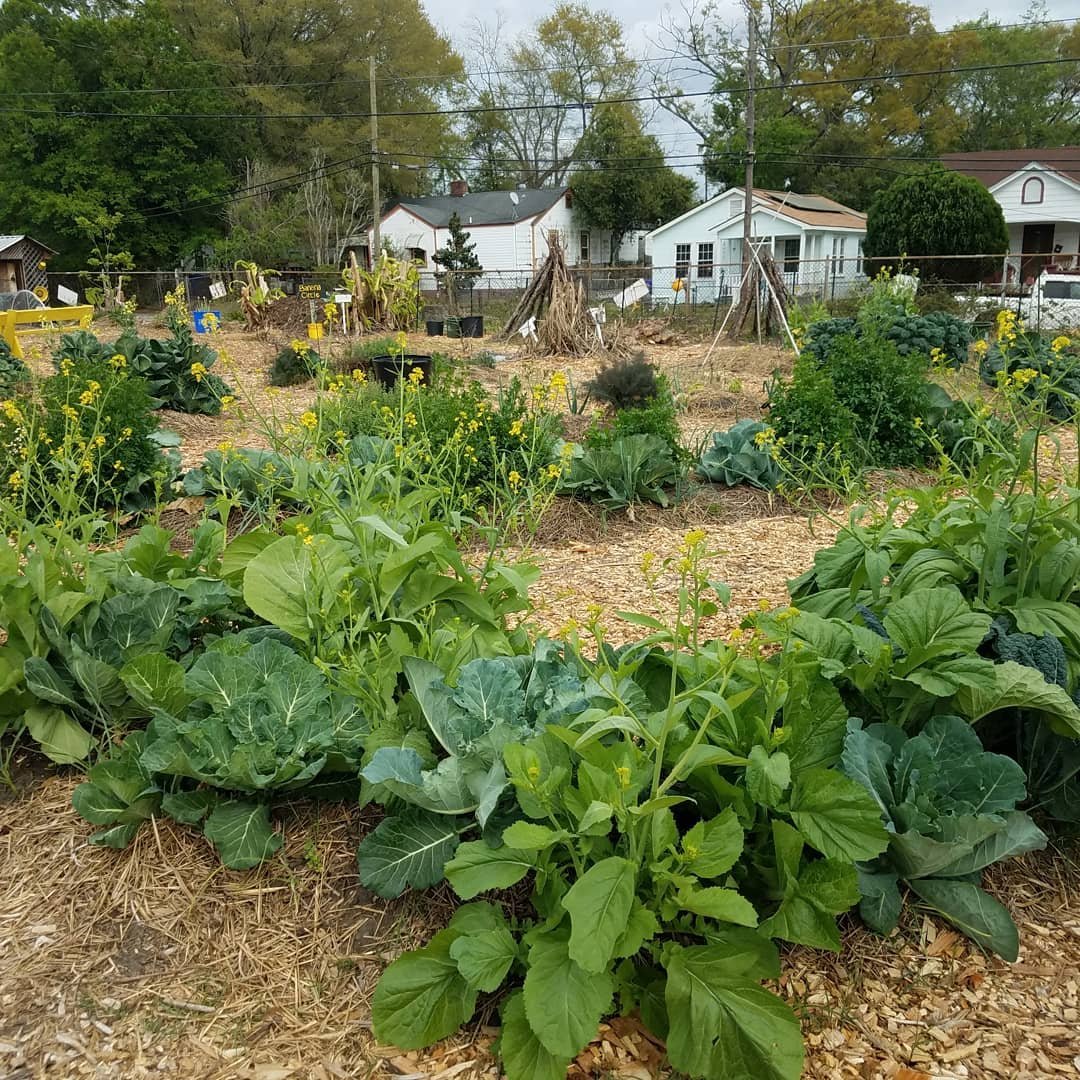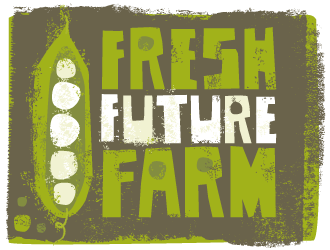Our History
The Old Navy Base closed and then the Winn Dixie went with it less than a decade later in 2005. The once bustling Chicora-Cherokee community became a food, place, and job desert.
If people didn't have access to quality food and jobs, why not hire and train residents to grow food where it was needed most?
Germaine got a lease on a vacant lot from the City of North Charleston in 2014. By May of 2016, Fresh Future Farm opened a neighborhood grocery store.
BEFORE
AFTER

On a mission to grow the quality of life that our neighbors deserve
Working with community members pushed to the margins
Creating greenspaces that feed the body, mind, and soul
Building economic systems that benefit the people
Multiplying the movement to end food apartheid.
FFF builds self-determinism through grassroots food activism
-

Address Basic Needs
Offer adequate access to quality food, jobs, education, and rest
-

Refine Leadership Skills
Nurture grassroots leadership and small business development.
-

Support the Future
Fund alternatives to current options.
Low-wealth communities have endured food apartheid for generations.
The Chicora-Cherokee neighborhood is just one of 11 food deserts, or zones without access to grocery stores within 1 mile in urban areas and within 10 miles in the rural areas, in North Charleston. There are many more across the country. We use the term “food apartheid” because these areas are created intentionally through systemic injustice.




